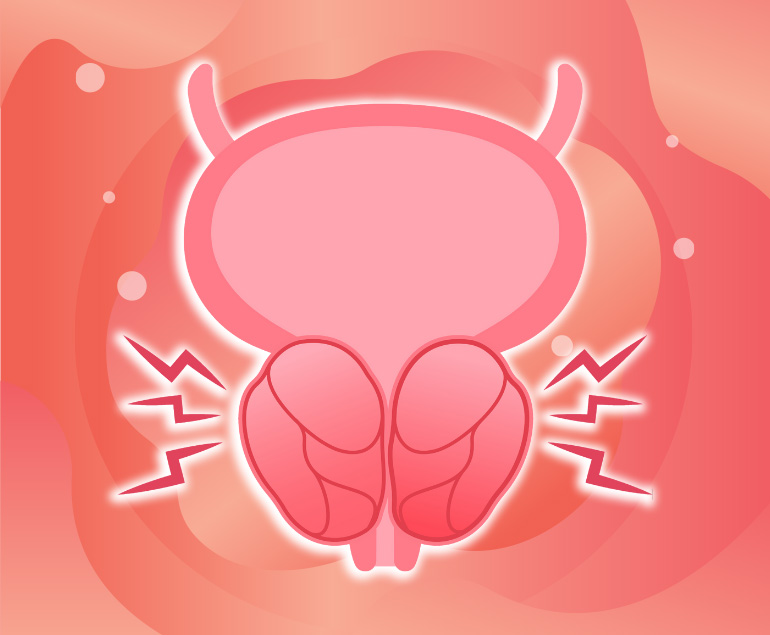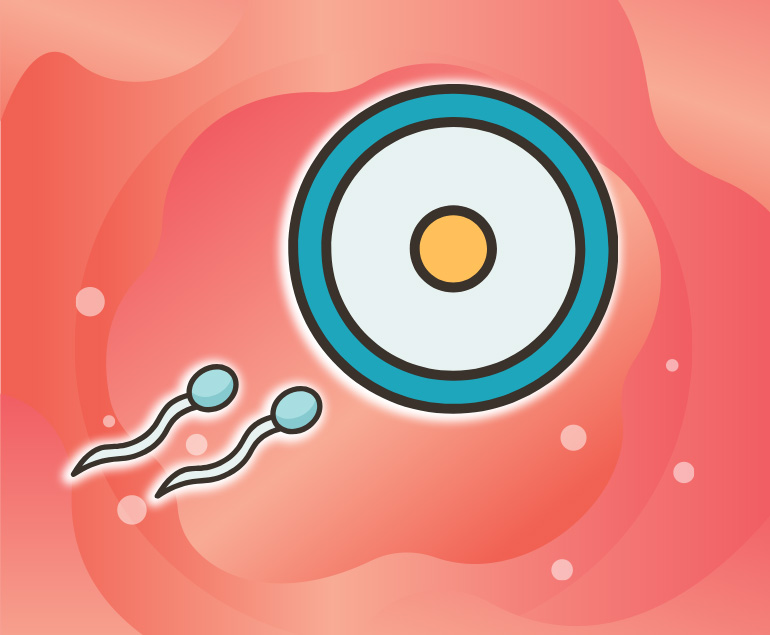What is Prostate?
The prostate is a gland that lies just below the bladder in men and surrounds the urethra. The main function of the prostate is to produce a fluid that provides nutrients to semen and keeps sperm alive.
What are Prostate Problems?
The prostate can enlarge with age and this can lead to certain health problems. The most common prostate disorders can be listed as follows:
Prostate Enlargement (BPH): One of the most common prostate problems is an enlarged prostate, known as benign prostatic hyperplasia (BPH). This condition usually develops with ageing and can cause problems with urination.
Prostatitis: Prostatitis is inflammation of the prostate. This can cause pain and problems with urination.
Prostate Cancer: Prostate cancer is one of the most common types of cancer among men. It is usually asymptomatic in the early stages, but as it progresses it can cause problems with urination.
Prostate Enlargement (BPH+BX)
Prostate enlargement occurs in the prostate organ in men. The organ, which grows over time, provides great benefits to men when it is healthy. The prostate, which maintains the movement and vitality of sperm, plays a major role in the reproduction process. The prostate, which provides a suitable environment for the formation of children with coagulation, usually starts to grow from the age of 25. The growth increases over time. This causes the symptoms of the condition to increase and become more pronounced.
In the case of benign and malignant growths, it is first necessary to determine the type of growth. Determining the type of enlargement is important for the precautions to be taken and the treatment to be followed.
It is not possible to determine whether the prostate enlargement is benign or malignant by looking only at the symptoms. Therefore, a detailed urological examination is required. Both manual physical intervention and medical interventions such as prostate biopsy are necessary for the examination.
Prostate Enlargement Treatment
Treatment of prostate enlargement is an issue that should be taken seriously. The reason for this is that if the growth seen in the prostate is malignant, it is highly likely to turn into cancer. In treatment with options such as medical and surgical options, the stage of the disease is determined according to the severity of the symptoms it causes in the person.
Most of the time, patients avoid surgical intervention to prevent growth. This causes non-surgical solutions to the discomfort. Although alternative treatment methods with herbal mixtures can be useful because they can have a placebo effect, they are definitely not a definitive treatment method. In addition to the treatment method recommended by the doctor, herbal support to be used in consultation with the doctor will be the most rational treatment method that can be followed.
In addition to treatment, paying attention to nutrition, doing sports, reducing smoking and alcohol consumption will also be a useful support..
What is Benign Prostatic Hyperplasia (BPH)?
Benign prostate enlargement is a very common condition. The discomfort seen in advanced ages is mostly related to hormone balance. The condition, which causes various problems with the patient’s urination, does not turn into cancer even if left untreated. However, it is highly recommended to treat the disease as it directly affects both the way the patient urinates and his/her daily and sexual life.
In order for the treatment to begin, the person must first undergo a rectal touch examination. The examination to be performed by a specialist urologist requires manual intervention. Manual physical examination, which many patients are uncomfortable even with the idea, is essential for the diagnosis of benign growth, also known as BPH.
What are the Symptoms of Prostate?
Prostat büyümesinin belirtileri hastanın günlük hayattaki konforunu etkileyecek şekildedir. Kişinin idrar yapma rutinini bozan belirtilere neden olan büyüme sıklıkla aşağıdaki belirtileri gösterebilir:
- Decrease – decrease – weakening of urine pressure
- During urination, the urine flows not in a single line but in a bifurcated (dispersed) flow
- Inability to empty the bladder in one go (urinating with intervals)
- Difficulty urinating
- It takes more time than usual to complete the urine
- The need to strain when urinating
- Waiting before starting to urinate
These symptoms, which will interrupt the daily life of the person with their symptoms, will become more pronounced – aggravated as the stage of the disease progresses. Especially in cases that are not benign (BPH) type, not taking the symptoms seriously leads to the progression of the disease and aggravation of the symptoms.
What are the Methods to Protect Prostate Health?
Healthy Nutrition: Consuming plenty of fruits, vegetables and whole grain foods can protect prostate health. Especially tomatoes, broccoli and green tea are thought to be beneficial for prostate health.
Physical Activity: Regular physical activity is important for prostate health as well as for general health. Physical activity can reduce the risk of prostate problems and improve your overall reproductive health.
Regular Check: From the age of 50, it is recommended that men undergo regular prostate examinations. If there is a family history of prostate cancer, these checks should start at an earlier age.
Remember, prostate health is an important part of your overall health. It is important to see a health professional if you notice any signs of prostate problems. Prostate problems can be successfully managed with early diagnosis and treatment.







